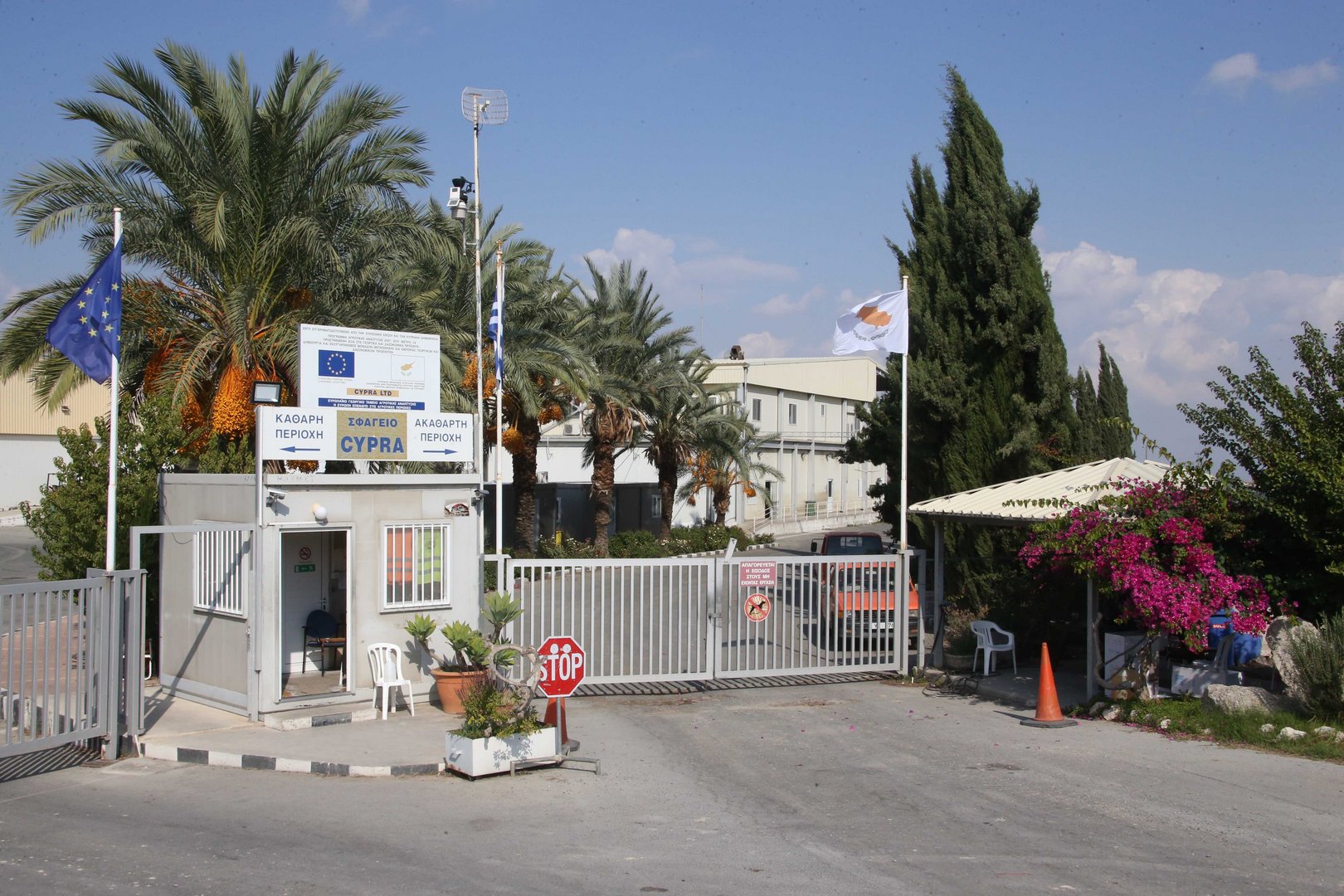The state has tolerated illegalities and irregularities at the Cypra abattoir over several years, Greens MP Yiorgos Perdikis said on Wednesday, the second day of his testimony before a committee of inquiry set up to investigate the company and the actions of state authorities, including whether there have been any interventions by anyone to benefit it.
According to the Cyprus News Agency, Perdikis expressed the hope that the committee’s probe “will lead to the truth in connection with the unacceptable actions of the businessman, but primarily those who should have exercised the necessary controls so as not to allow this orgy of illegalities and the destruction of the environment and the threats to the public health of residents.”
The business is owned by the husband of the state treasurer. It found itself in the eye of the storm last November after some 100 staff at the facility tested positive for the coronavirus. It later emerged that the majority were asylum seekers who had not been declared to the department of social insurance.
The matter gradually snowballed, revealing building code and environmental violations that were never properly addressed, ostensibly due to slow bureaucratic and legal procedures.
Speaking to reporters after appearing before the committee, Perdikis said he had submitted a series of documents showing the state had over the years tolerated a company which broke the law and caused pollution which affected the communities of Kato Moni, Ayios Ioannis, Meniko and Orounta.
One of the issues raised during his testimony concerned hydrogen sulphide emissions. Labour ministry measurements of 2014 showed these were above safety levels, but the factory had denied it was responsible. The case went to court, but Perdikis said he was not aware of any convictions. He had again asked in 2017, with the labour ministry saying that no other measurements had been carried out between 2014 and 2017. He did not know whether new measurements were carried out since.
“I find it strange that excess emissions of a toxic gas were found, but no one from a government service went back to measure again so as to see whether the emissions were continuing,” he said.
He was asked through the committee by the company’s lawyer, Elias Stephanou, whether he was aware of a Tepak study which showed that the odour came from the dust and humidity of the quarries. Perdikis said he knew there was a Tepak study, but in his personal opinion, the odour came from the sulphide which has a distinct smell.
Perdikis recounted all the demarches he had made relating to Cypra including correspondence regarding illegal intervention at the riverbed, over-pumping of water from wells and the management of animal waste.







Click here to change your cookie preferences